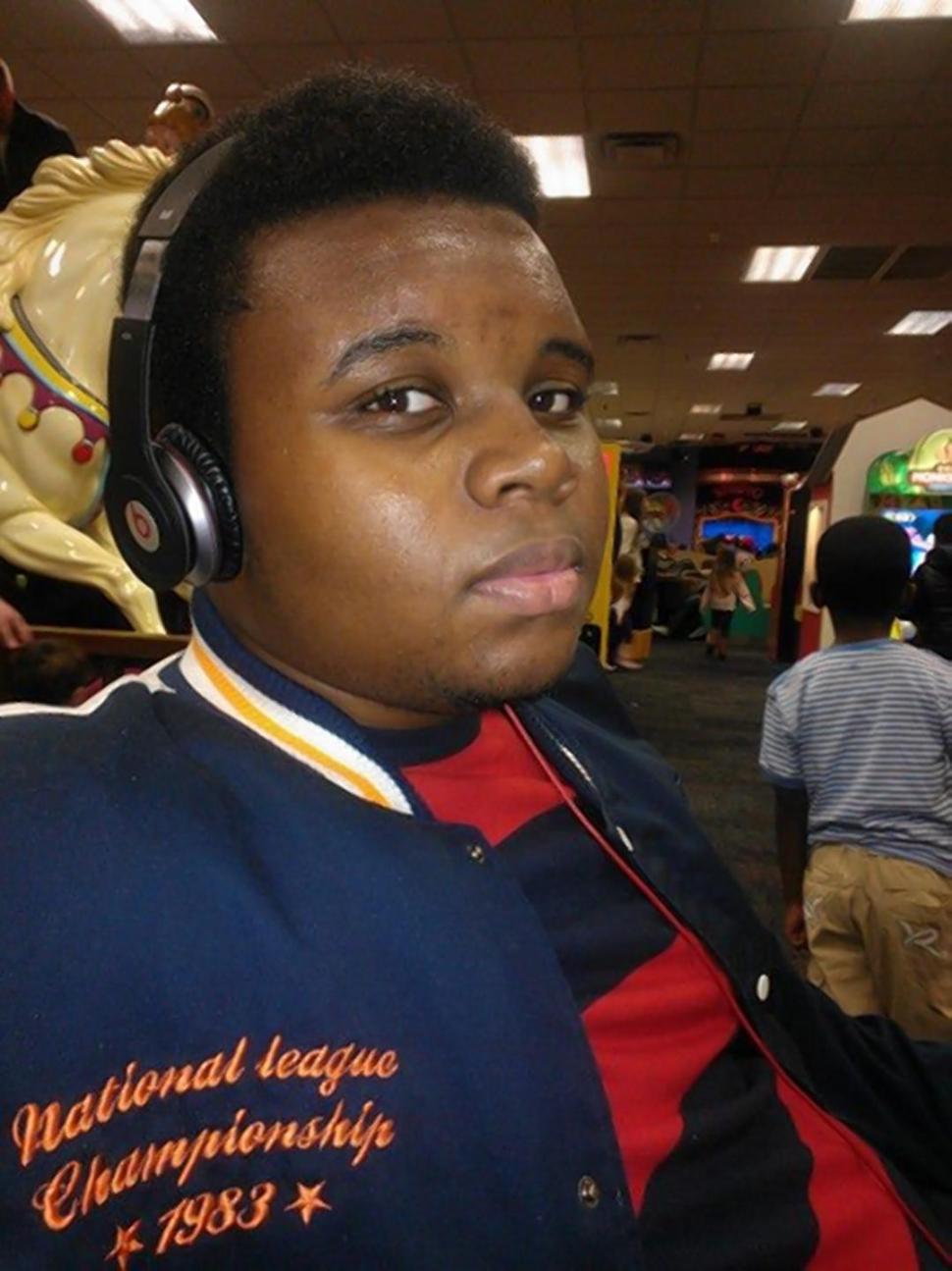
Given the recent absence of indictments in both the Mike Brown and Eric Garner cases, it is without question easy to understand why so many of us are experiencing feelings of rage, despair, resentment. At every turn, we are being encouraged and challenged to tune in to love. Seek peace. Practice forgiveness. Forget the past. Yet any who’ve been on the side of victim, harassed, violated, abused and heartbroken know just how nearly impossible it feels to embrace love, find peace, offer forgiveness, delete the past. Even breathe easily.
It doesn’t take the blatant disregard of Black lives by overzealous police officers for us to recognize how difficult loving in times like these can be. All we need to do is recall a hurtful relationship that left us scarred, distraught, hostile and questioning our worth as human beings. How similar are the emotional consequences of devastation. Whether served by cops or someone close that we once trusted, all scenarios in which we feel deeply wronged beg the question of what’s love got to do with it?
As satisfying as outrage and judgment can feel in the heat of things, it is a deeply toxic emotional state to remain in. As I wrote before here, carrying anger around does not change the facts of what happened. Whether the marching is happening outside in front of court houses, police precincts, synagogues or inside each of us where the rage is the loudest and most unsettling, we are the ones charged with metabolizing the catastrophic that so often occurs lest we lose ourselves all together.
Let us be clear, in the end, anger takes the grandest toll on those holding it, not the ones it is projected onto.
I know this for sure. When my partner of ten years was murdered it seemed impossible to even consider forgiving anyone who could’ve been responsible for his untimely death and subsequent cold case—the killers, the negligent trauma team at the hospital, and the uninterested, desensitized and completely incompetent police force. I became ruthless the more I considered these things. Looking back, I realize I also lost access to parts of myself buried deep in anger; so deep that it was several months before I recognized that what I’d lost had nothing to do with the overwhelming and sometimes unbearable grief, and instead everything to do with the anger I’d held onto as if it were my life support. And perhaps it was, for a time. Perhaps it can be for all of us at this time as we stand together to rightfully protest the police murdering of our Black boys and men.
Before the story ends, however, I think we will have to answer what really does love have to do with it? In spite of the rage I presently feel every time I think about Eric Garner’s last words being I can’t breathe, I believe still love has a part to play—in how we want to live and how we want to experience the world. Love inspires us to consider how and what it is that we want to contribute to our communities and to ourselves.
I am a living testimony that every narrative – including the most horrific – can be transformed when touched by love. In your own sweet time, when you sense that your outrage has penned its last chapter – for now, I encourage you to touch love. Make its vibration your steady companion. And let us hope that in the space of love, we can find our way to freely breathing again.
A recording artist, author, celebrity lifestyle expert and instigator of personal revolutions for the past 16 years, Neycha’s hip and progressive healing modality known as The Crossfade™ has made her a favorite among celebrities, 9to5ers, artists, rebels and everyday people who seek to remix reality and radically reinvent their lives. Visit her website today for free music and more rebel insights to revolutionize your life! Follow Neycha on Facebook, Twitter @Neycha or Instagram.
